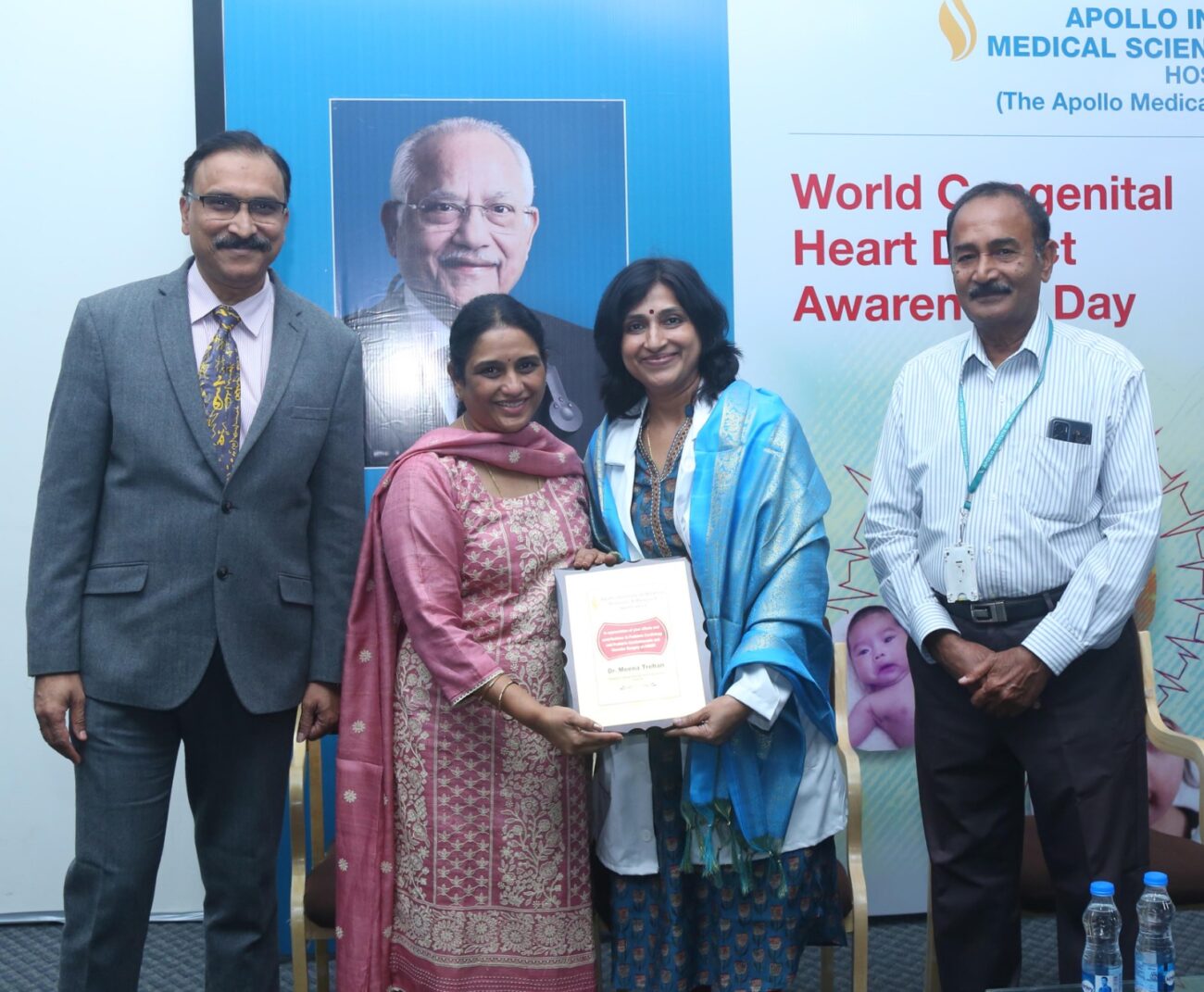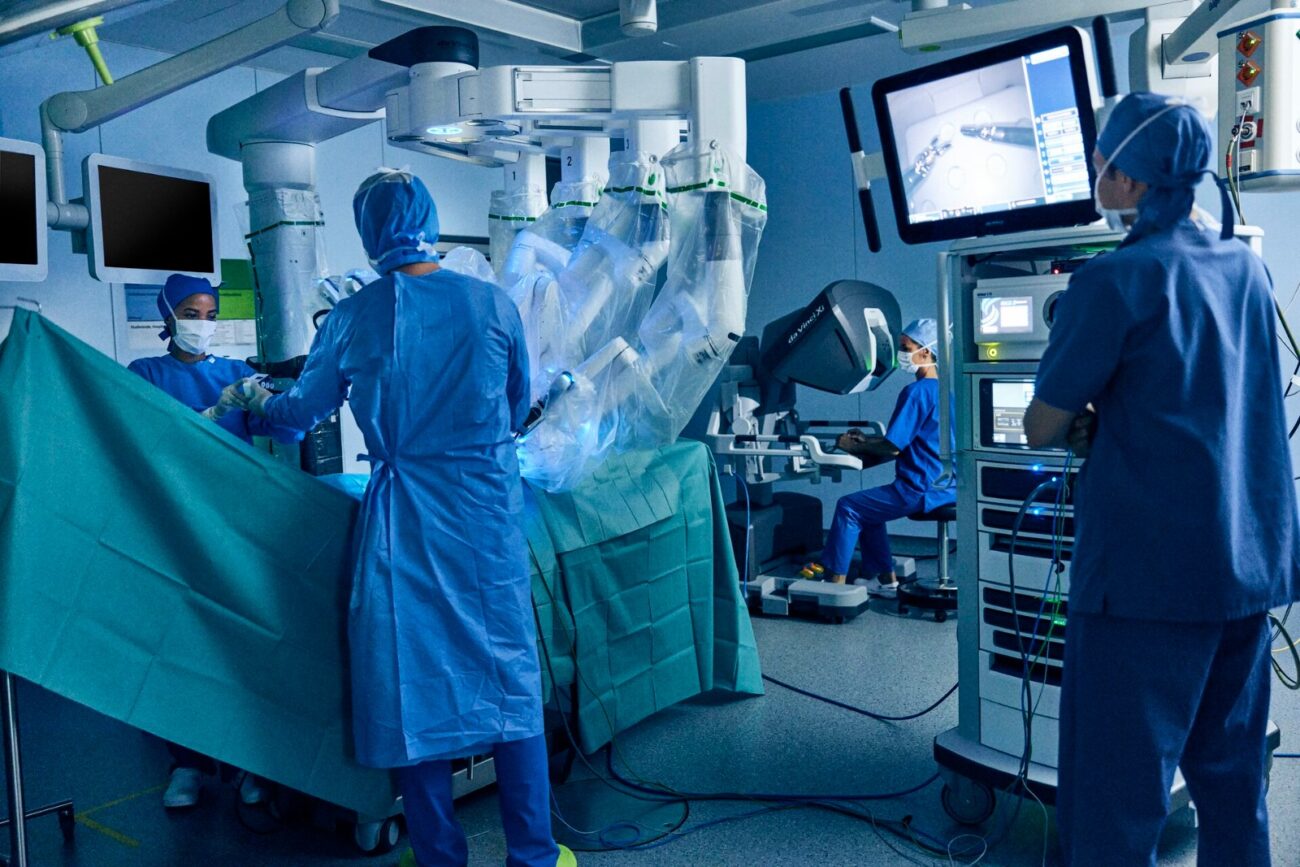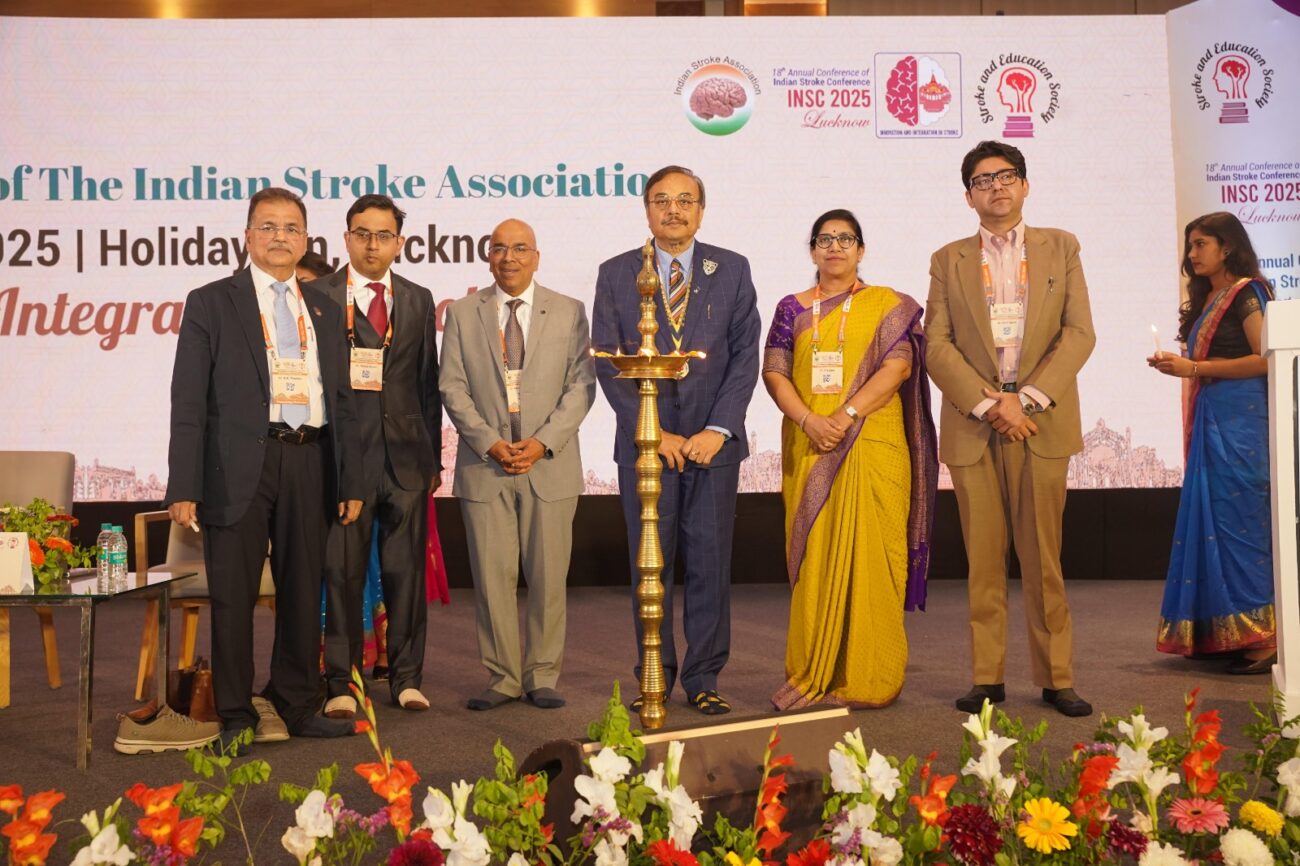Apollo Medical College commemorates ‘World Congenital Heart Defect Awareness Day’ by performing the 150th Pediatric cardiac Procedure!
Congenital heart defect (CHD) is the most common type of birth defect, 1 out 100 infants are impacted by this. 25% of the CHDs require surgery or a procedure within the baby’s first year of

Congenital heart defect (CHD) is the most common type of birth defect, 1 out 100 infants are impacted by this. 25% of the CHDs require surgery or a procedure within the baby’s first year of life. More than 90% of the children with CHD, live into adulthood.
The team of pediatric specialists at Apollo Medical College, involved in achieving this humongous landmark, Dr Sri Krishna, Head of Department of Pediatrics; Dr Amol Gupta, Pediatric Cardiologist; Dr Meena Trehan, Pediatric Anesthetist and Intensivist and Dr Sunil Kumar Swain, Paediatric Cardiothoracic & Vascular Surgeon; were felicitated on the occasion. The parent’s Mr. Kuruva Sri Ramulu & Mrs. Uma Devi of the 150th child Master Kuruva Manoj, a 2 years 8 months boy who had been discharged from the Pediatric ICU, from Arikera village, Kurnool district, Andhra Pradesh; were also felicitated on the occasion. This baby boy was suffering from a rare condition caused by a combination of four heart defects that are present at birth. Tetralogy of Fallot defects cause oxygen-poor blood to flow out of the heart and into the rest of the body. Risk factors include a viral illness such as rubella (German measles) during pregnancy, maternal alcoholism or a family history of the condition and was treated for the same by performing a critical ICR – Complete Repair of Tetralogy of Fallot, he had recovered well and was discharged.
Apollo Medical College marked the World Congenital Heart Defect Awareness Day by hosting a Congenital Awareness Walk, early in the morning, to raise awareness about congenital heart problems and the need to detect early, for the child to lead a normal life. The College conducted a Continuous Medical Education program to build awareness in the medical fraternity about congenital heart disease and the paramount importance of early detection.






